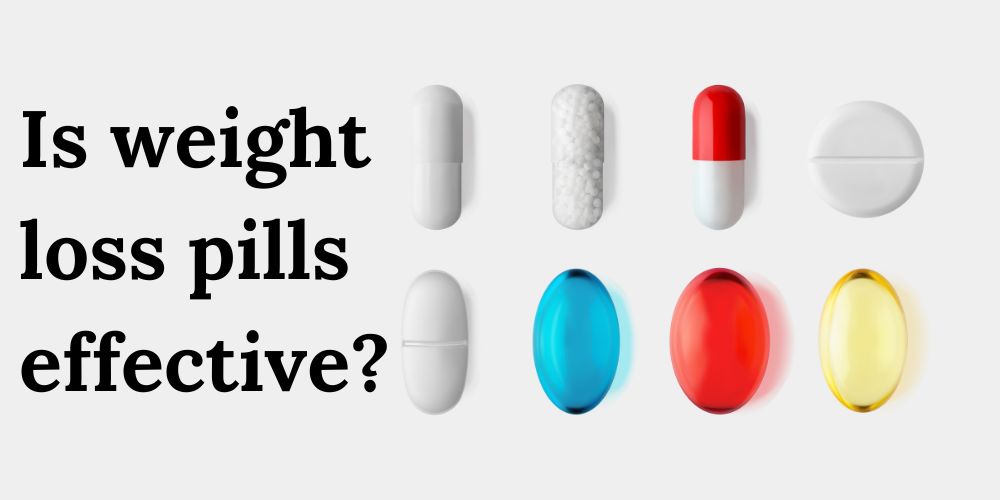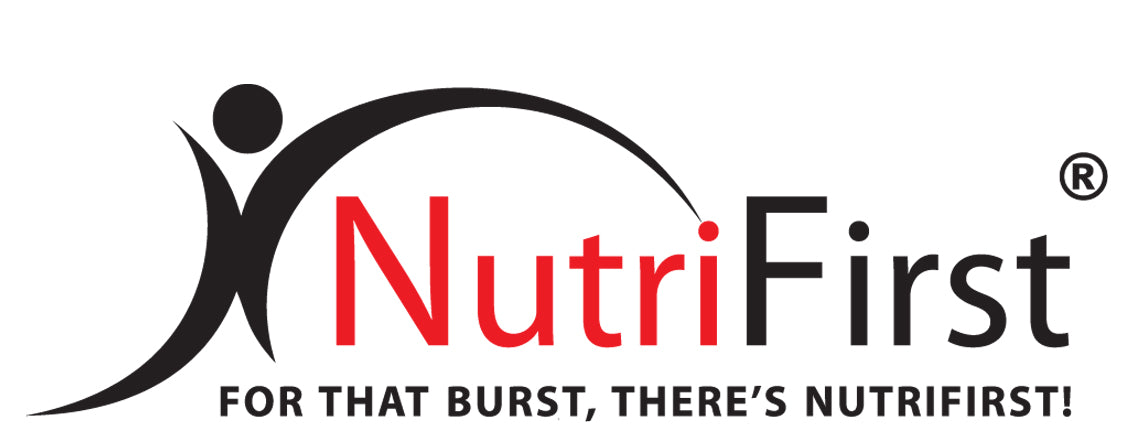
Is weight loss pills effective?
The short answer is yes, but with caveats. Weight loss pills are generally effective in helping people lose weight, but they may also have side effects. Before taking any weight loss pills, it’s important to talk to your doctor about what may work best for your body and any potential risks.
Weight Loss Pills Can Be Effective When Used Right
Weight loss pills can be effective when used correctly. They can be an effective method for losing weight when combined with a healthy diet and exercise routine. However, they are not a magic bullet for weight loss and people should not rely on them alone to lose weight. It is important to keep in mind that weight loss programs do not work for everyone and that there are numerous factors that can influence your rate of weight loss.
Common Types of Weight Loss Pills
There are several different types of weight loss pills. Different pills may have different benefits. The class of weight loss pills most commonly prescribed is called anorectics.
Anorectics suppress appetite by making people feel full faster. Other types of weight loss pills work by speeding up metabolism or suppressing the hormone cortisol, which can make people feel hungrier.
Studies have found that the most popular weight loss pills work about as well as placebos for actual weight loss, but some people claim that they help them maintain a healthier weight in the long term. Studies have shown that some weight loss pills can help you lose weight, but they are not without risks. Like any medication, they can have both positives and negatives. Some common side effects of diet pills include fatigue, headaches, dizziness, dry mouth, nausea, diarrhea, constipation, and stomach upset. The most common side effect of diet pills is constipation. People taking diet pills should be warned that they can cause dangerous interactions with other medications. For example, people with heart disease and diabetes may not be able to take certain weight loss pills because of the risk of adverse side effects. Some of these interactions include an increased risk for heart attack and stroke, loss of blood sugar control in people with diabetes, and changes in blood pressure. Therefore, you should always talk to your health care provider before deciding whether to take any type of medication.
There are some natural alternatives to diet pills that can help support your weight loss goals. The following list describes some common natural supplements:
Green tea is a natural stimulant that can boost your energy and help you burn more calories throughout the day.
Milk thistle extract is a powerful antioxidant that can help protect the liver from damage caused by free radicals.
L-Carnitine is a natural amino acid that helps the body burn fat for fuel instead of storing it as fat. L-carnitine has been shown to decrease body fat and promote weight loss by enhancing the breakdown of fat and boosting energy levels.
Fish oil contains essential fatty acids that can help promote weight loss by reducing inflammation and reducing the risk of heart disease.
Cayenne pepper can promote weight loss by stimulating the metabolism and increasing blood flow to help speed up fat loss.
